How to Get Started with Learning the Drums A Beginner’s Guide for Indian Musicians
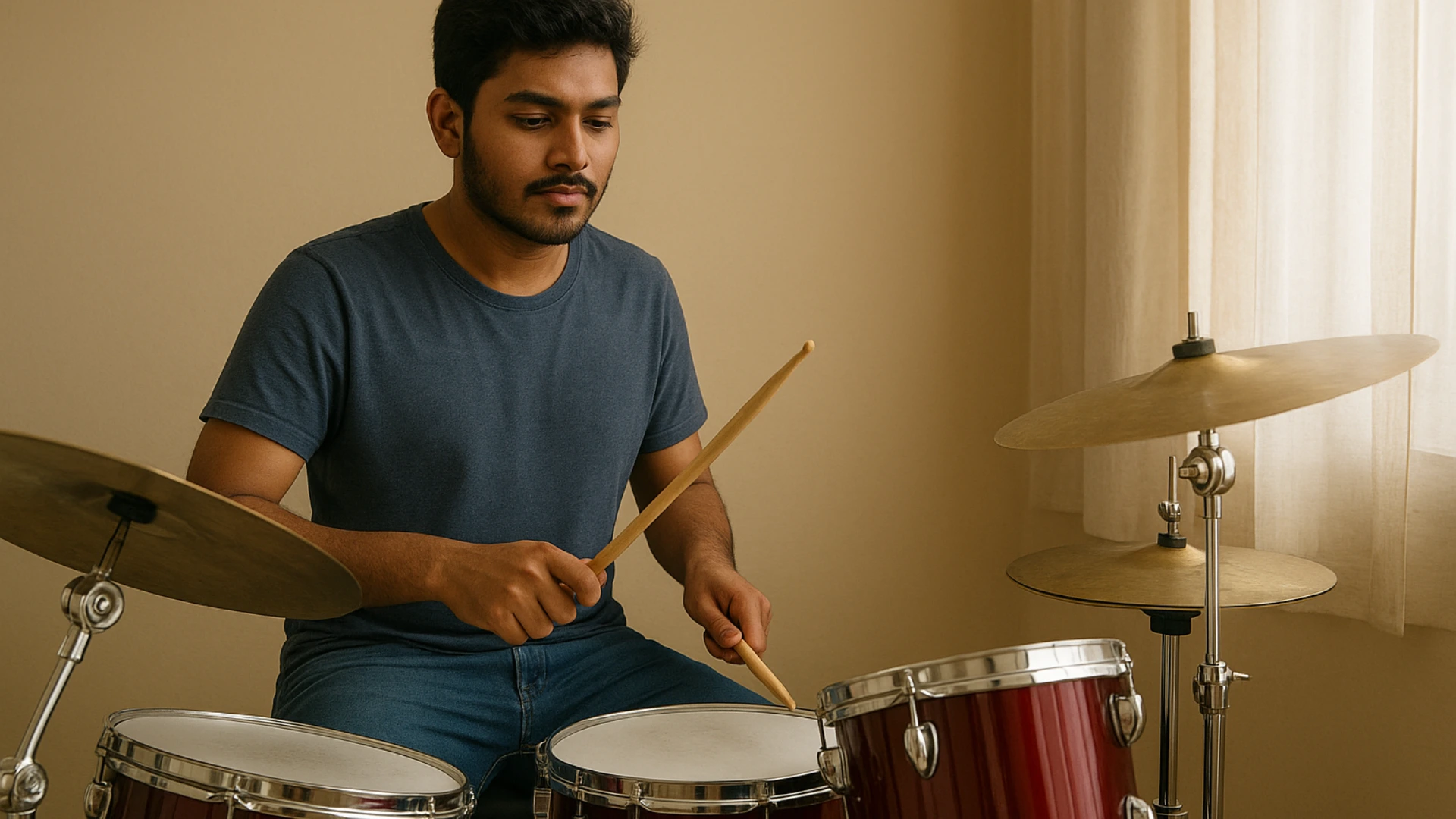
How to Get Started with Learning the Drums is an exciting journey that every music lover should experience at least once in life. Drums are the heartbeat of music, setting the pace and energy of every song. In India, where rhythm is deeply rooted in traditional and contemporary music, learning drums is becoming increasingly popular among young musicians.
From Bollywood hits to Carnatic fusion, from rock concerts to school bands, drummers are in high demand. For beginners, however, the process may seem overwhelming—what kit to buy, how to practice, or where to find lessons.
This beginner’s guide will simplify the entire journey, step by step. If you’re based in South India, you’ll also find excellent support from NMS Musicals in Pondicherry and Chennai, where you can purchase beginner-friendly drum kits and receive expert advice to get started.
1. Why Learn Drums?
Learning drums is more than just hitting sticks on surfaces—it’s about rhythm, creativity, and expression. For beginners in India, drums help develop coordination, focus, and confidence. They’re also a fun way to relieve stress while staying musically active. Whether you want to play casually or aim for a career in music, drums give you the foundation to explore multiple genres.
2. Choosing the Right Drum Kit in India
For beginners, the first step is deciding between acoustic and electronic drum kits.

Acoustic Drum Kit: Offers authentic sound and dynamic control. Ideal for live performances.
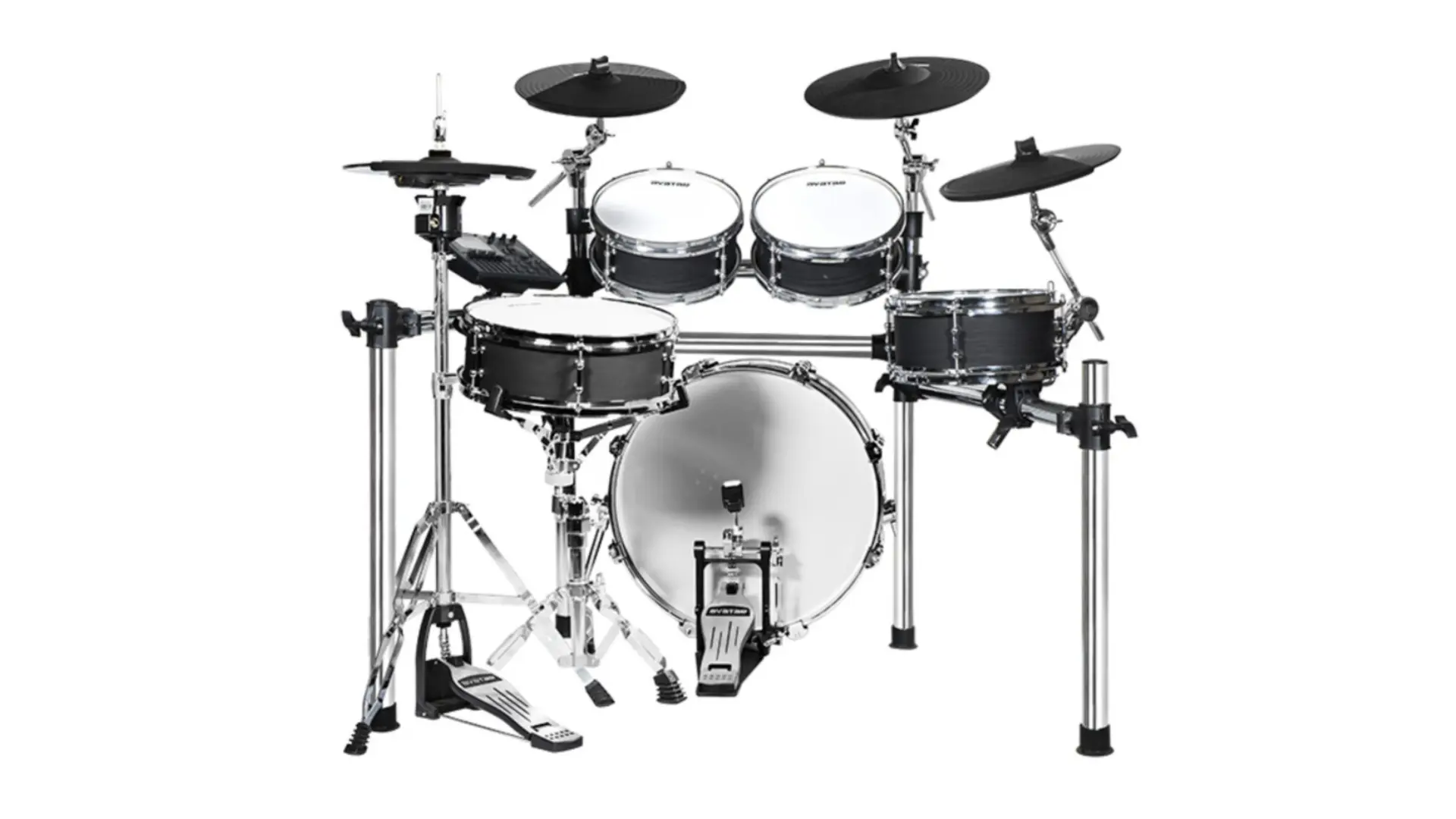
Electronic Drum Kit: Compact, quieter, and suitable for practice in Indian apartments.
At NMS Musicals Chennai and Pondicherry, you’ll find both types of kits, along with expert recommendations for beginners based on your needs and budget.
3. Essential Parts of a Drum Kit
Before starting, familiarize yourself with these basic parts of a standard kit:
- Bass drum (kick)

- Snare drum

- Hi-hat cymbals

Get this instrument at best deal – Brass Cymbals 12 Inch for Drum Set – 1 Pair (2 Cymbals) - Toms (high, mid, floor)

- Crash cymbal

- Ride cymbal

Understanding each part will help you learn how they work together to create beats.
4. Accessories Every Beginner Drummer Needs
To make your drumming experience smooth, you’ll need:
- A comfortable drum throne

- Lightweight drumsticks

Get this instrument at best deal – Ostar Green Colour Grip Drumsticks – 7A 1-Pair - Practice pads

Get this instrument at best deal – Ostar Drum Practice Pad 8-Inch With Stand - A metronome (for timing)

- Headphones (if using electronic drums)

Get this instrument at best deal – Behringer HpM1000-BK Headphones
All these essentials are available at NMS Musicals Pondicherry and Chennai with starter packages tailored for beginners.
5. How to Set Up Your Drum Kit
Setting up correctly is essential for comfort and injury prevention. Beginners should:
- Adjust the throne so your knees are at a right angle.
- Position the snare between your knees at waist level.
- Keep toms slightly angled toward you.
- Place cymbals high enough for reach but not too far away.
6. Holding Drumsticks the Right Way

Good technique begins with proper grip. Learn the matched grip—holding both sticks in the same way. This gives beginners control and flexibility when practicing beats.
7. First Drumming Patterns for Beginners
Start with simple rhythms:
- Quarter note beat (bass-snare-hi-hat)
- Eighth note hi-hat with bass-snare
- Basic rock beat
These patterns help you build timing and coordination.
8. Importance of Rudiments
- Single strokes
- Double strokes
- Paradiddles
- Flams
- Drags
Daily rudiment practice sharpens control and speed.
9. Practicing with a Metronome
Timing is the soul of drumming. Beginners should use a metronome or app, starting at slow tempos before increasing speed. This ensures accuracy and rhythm consistency.
10. How to Practice Effectively
Consistency is key. Practice daily for 20–30 minutes, breaking sessions into smaller chunks. Focus on:
- Warm-ups (rudiments)
- Basic beats
- Coordination exercises
- Playing along with simple songs
11. Learning to Read Drum Notation
Reading sheet music for drums helps you play structured beats. Beginners can learn symbols for each drum and practice counting rhythms. Many online Indian tutorials explain this step-by-step.
12. Best Songs for Beginners to Try on Drums
Simple songs help build confidence. In India, try:
- “We Will Rock You” (Queen)
- Bollywood beats with steady rhythms
- Pop hits with simple grooves
13. Exploring Different Drum Styles
As a beginner, you can explore:
- Rock drumming
- Jazz beats
- Bollywood fusion
- Funk grooves
- Indian fusion drumming
Experimenting with multiple styles makes you versatile.
14. Joining Drum Classes in India
Drum lessons provide structure and motivation. Many Indian cities, including Chennai and Pondicherry, have music schools. For trusted guidance, NMS Musicals connects learners with reliable teachers.
15. Cost of Drum Kits and Lessons in India
- Beginner acoustic kit: Rs. 15,000–Rs. 30,000
- Electronic kits: Rs. 20,000–Rs. 50,000
- Lessons: Rs.2,000–Rs. 5,000 per month
Buying from NMS Musicals Chennai and Pondicherry ensures quality instruments at fair prices with warranty and after-sales service.
16. Common Challenges for Beginners and How to Overcome Them
- Struggling with coordination → Practice slowly, focus on one limb at a time.
- Getting tired quickly → Build stamina through regular practice.
- Feeling stuck → Learn new songs to stay motivated.
17. Benefits of Learning Drums for Indian Students
Drumming enhances discipline, reduces stress, and builds confidence. For students, it also improves concentration, making it a perfect balance between academics and hobbies.
18. Performing for the First Time
Start small—play for friends, family, or school events. In India, local festivals and cultural programs provide plenty of opportunities for new drummers to perform.
19. Maintaining Your Drum Kit
Regular care ensures long-lasting performance. Beginners should:
- Tune drums regularly
- Replace drumheads when worn out
- Clean cymbals with care
20. Long-Term Benefits of Drumming
- Improves coordination and timing
- Builds confidence and stage presence
- Encourages creativity
- Offers career opportunities
- Provides lifelong enjoyment
Conclusion
How to Get Started with Learning the Drums is a journey of rhythm, patience, and dedication. For beginners in India, drums open the door to creativity and self-expression across multiple genres. From choosing the right kit to practicing daily, every step builds your confidence and skills. Whether you want to play casually or aim for professional performances, starting right is key. For high-quality drum kits, accessories, and guidance, visit NMS Musicals in Pondicherry and Chennai—your trusted partner in the musical journey. With practice, passion, and persistence, you can become the drummer who sets the heartbeat of every performance.
At NMS Musicals, we offer a comprehensive range of musical instruments, including percussion, string, wind, and keyboard instruments. Our services encompass sales, expert servicing, and the manufacture of leather instruments. Explore our diverse collection and find the perfect instrument to suit your musical needs.
Visit our website to browse our offerings: nmsmusicals.in
For a closer look at our products, check out our shop page: nmsmusicals.in/shop
Stay connected with us through our social media channels:
- Facebook: https://www.facebook.com/nmsmusicalinstruments/
- Instagram: https://www.instagram.com/nmsmusicals/?hl=en
- YouTube: youtube.com/@nmsmusicals
Our shop locations are:
- Puducherry: 149, Perumal Koil Street, Heritage Town, Puducherry, 605001.
Map Link: https://maps.app.goo.gl/ejDwBBFEJmd3szxk7 - Chennai: No: 1, 1st Floor, Kandigai Street, TVS Nagar, Korattur, Chennai – 600076.
Map Link: https://maps.app.goo.gl/7oXmB6X7KQsqeuuw9
For inquiries, contact/Whatsapp us at 9500663895 or email us at laxman.m89@gmail.com.
Discover the world of musical instruments with NMS Musicals today!
For a visual overview of our percussion instruments, watch the following video:


 Cart is empty
Cart is empty 
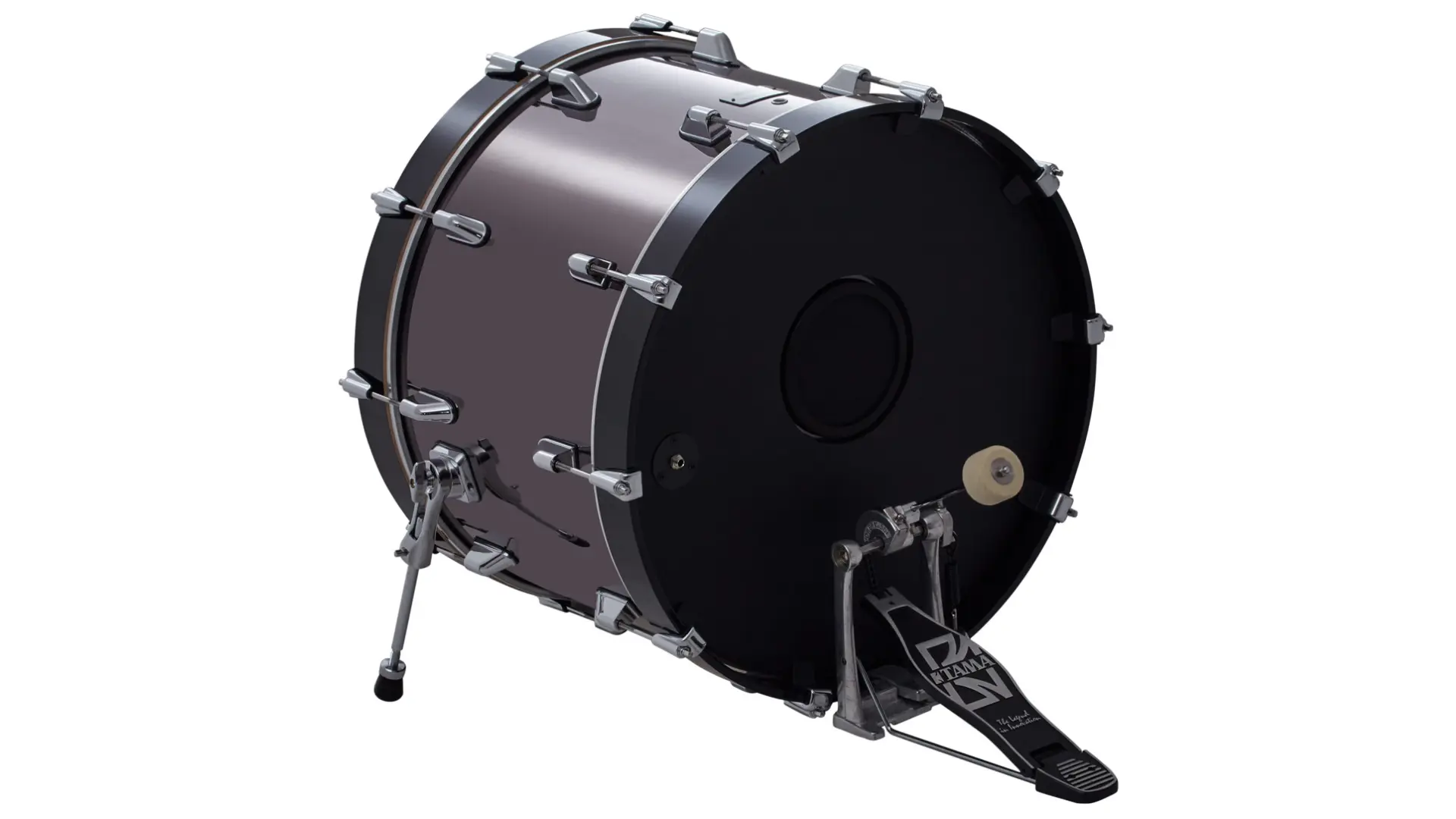
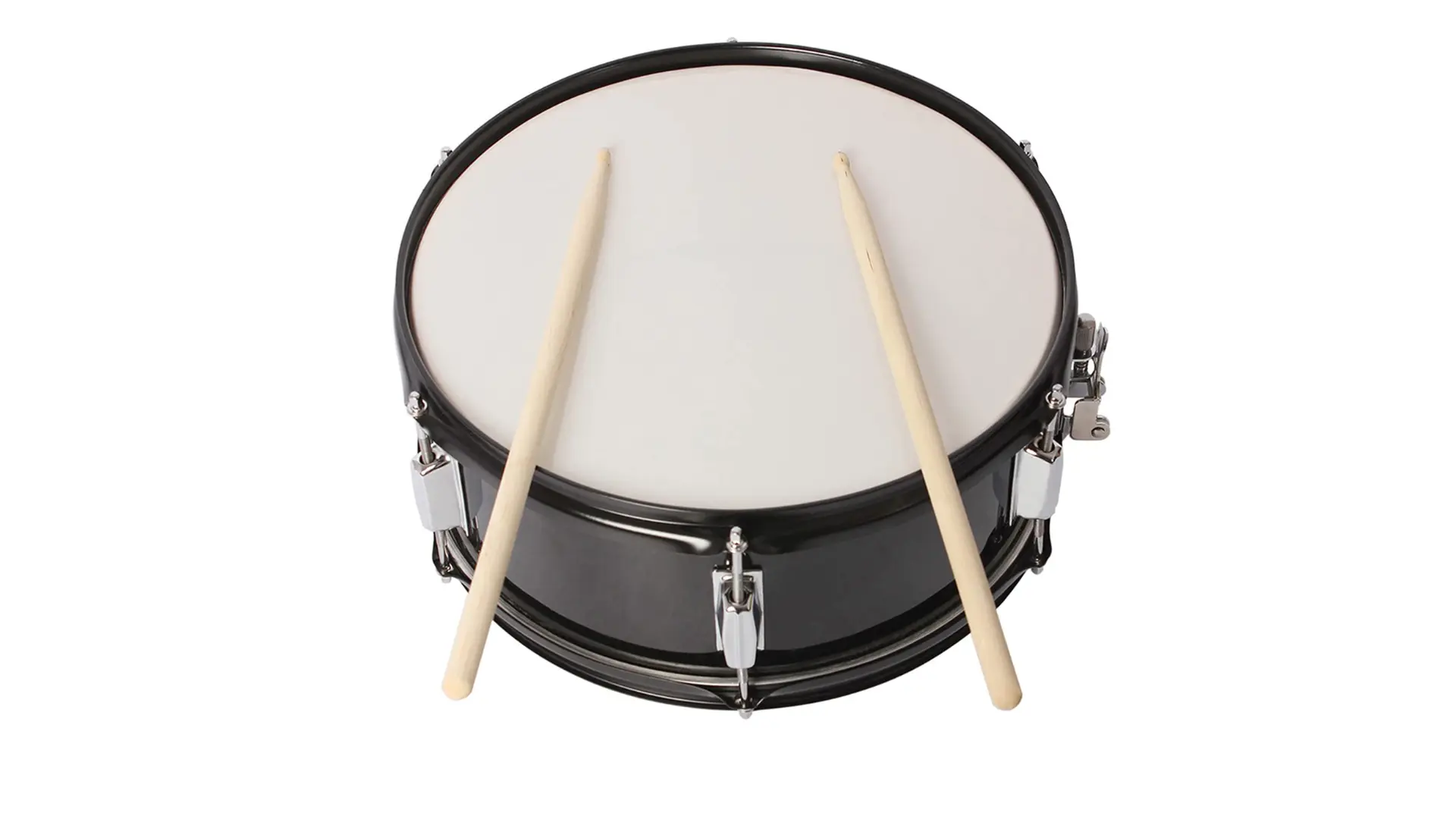

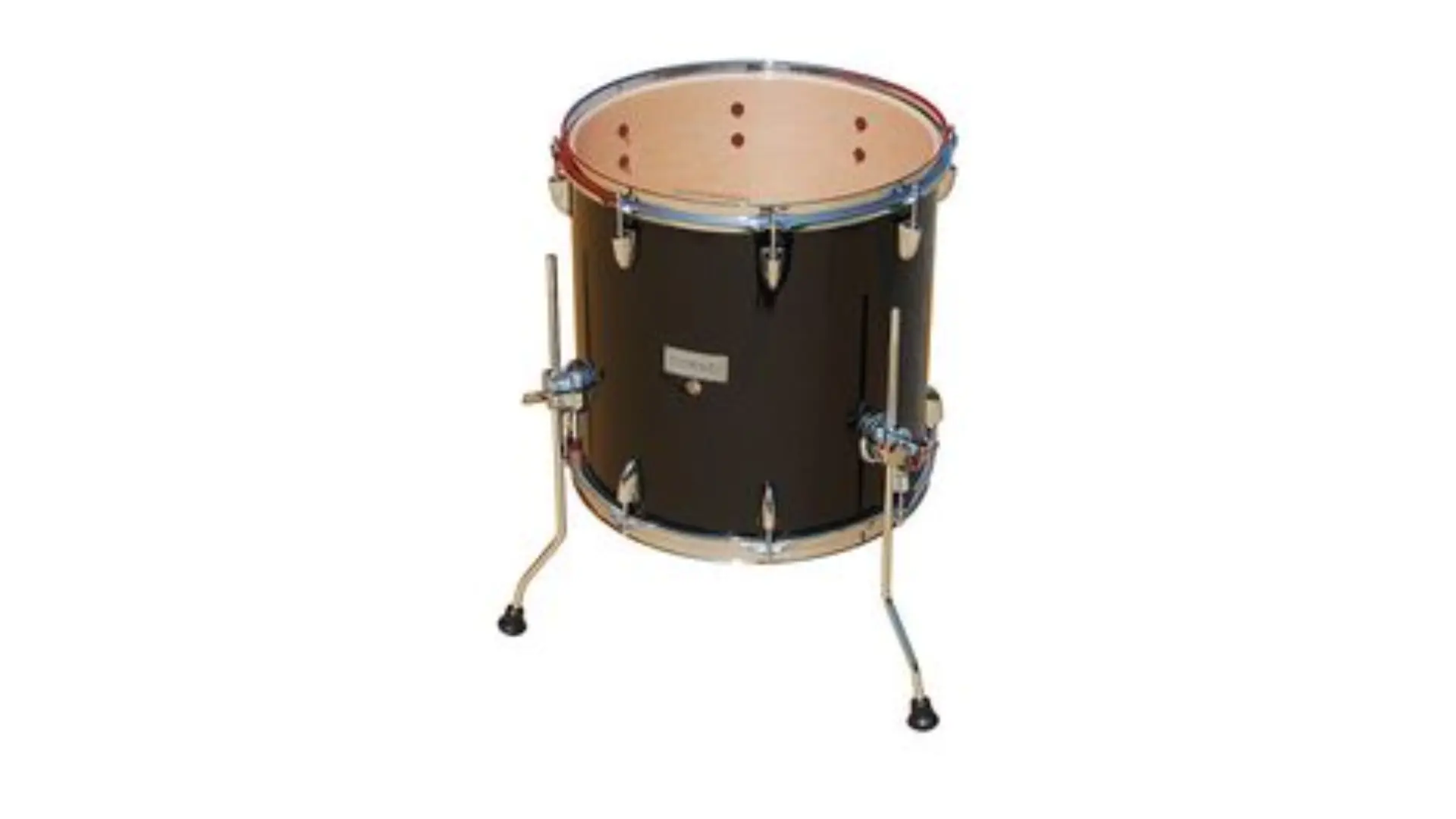
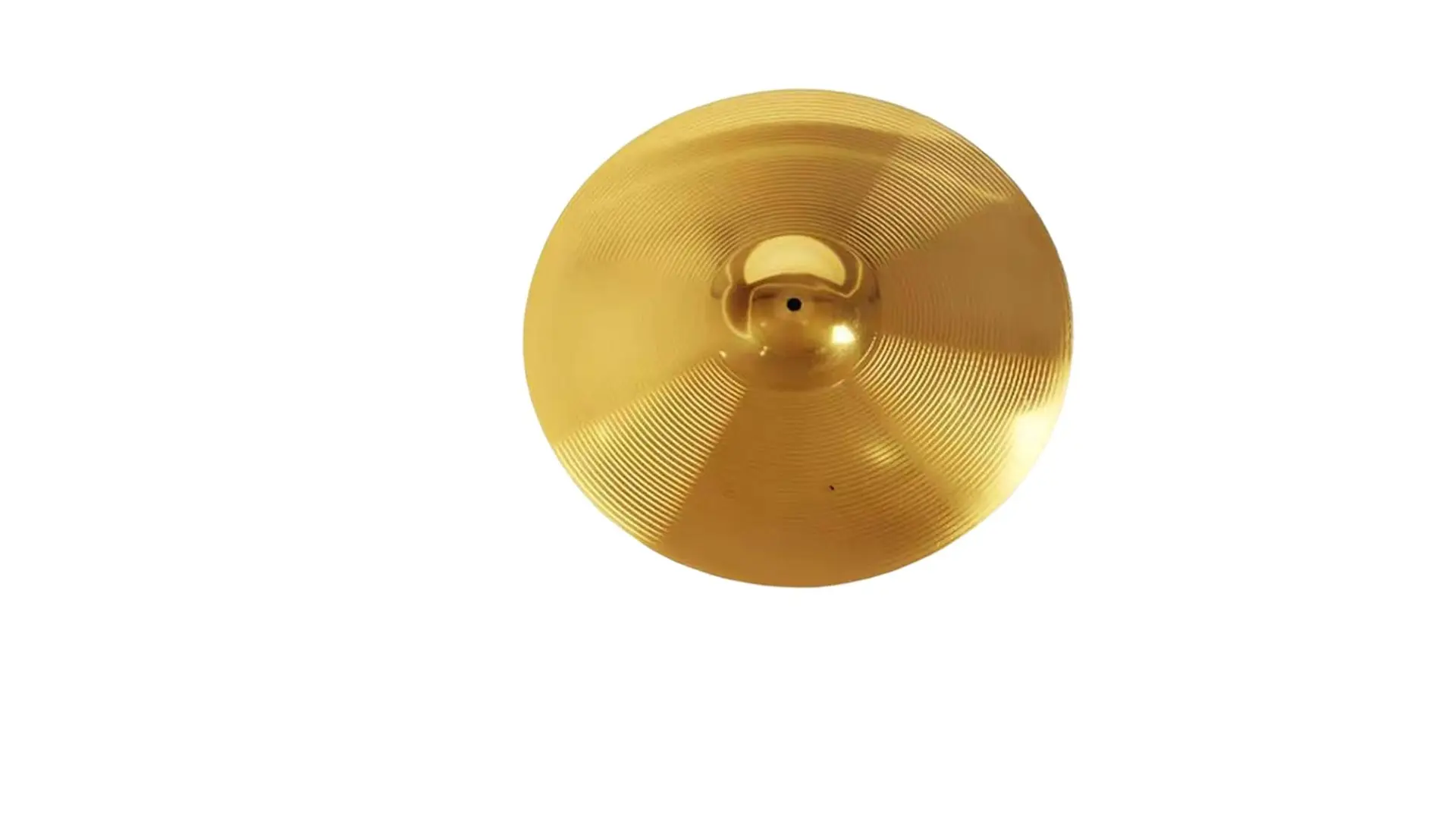
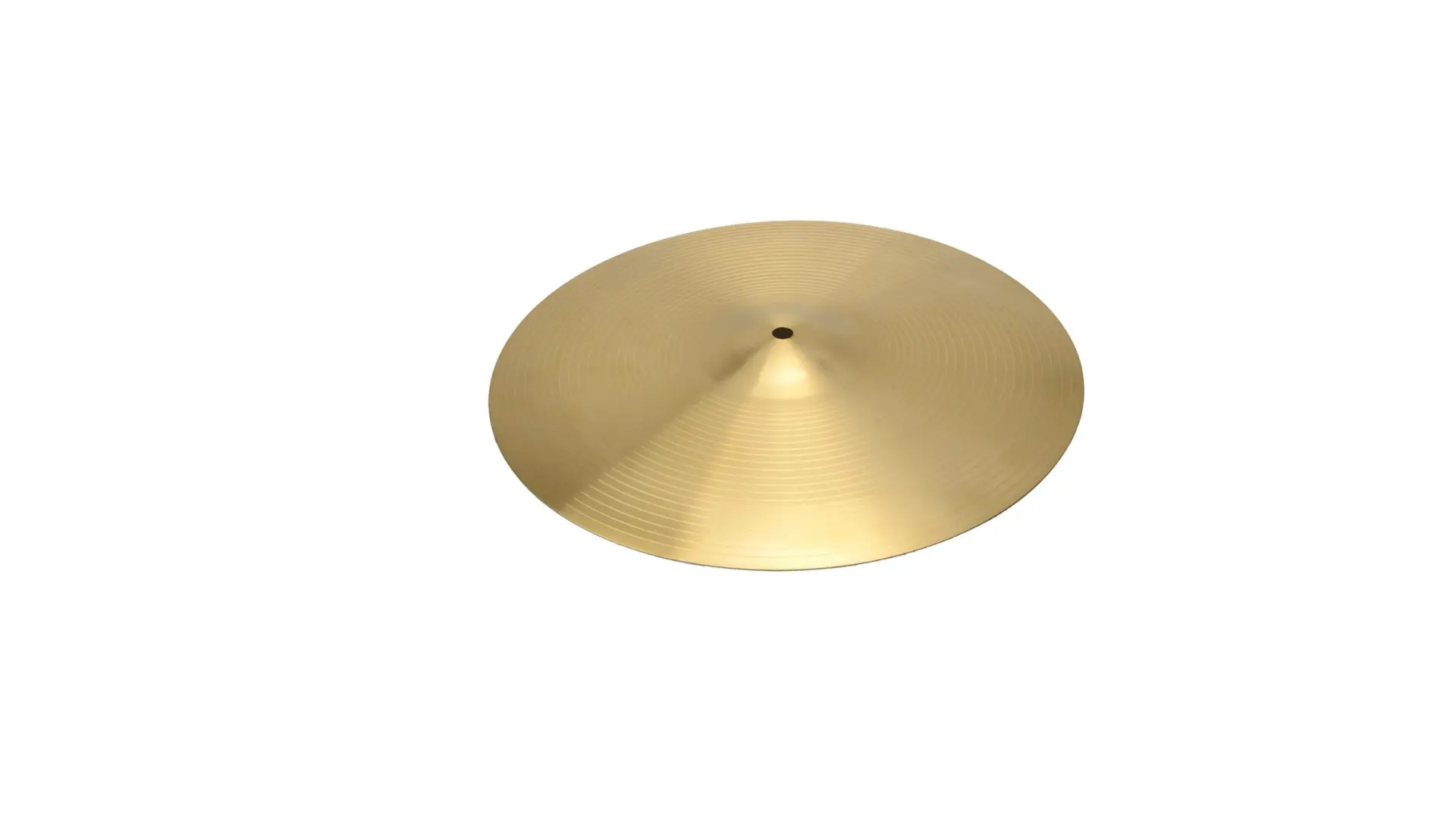
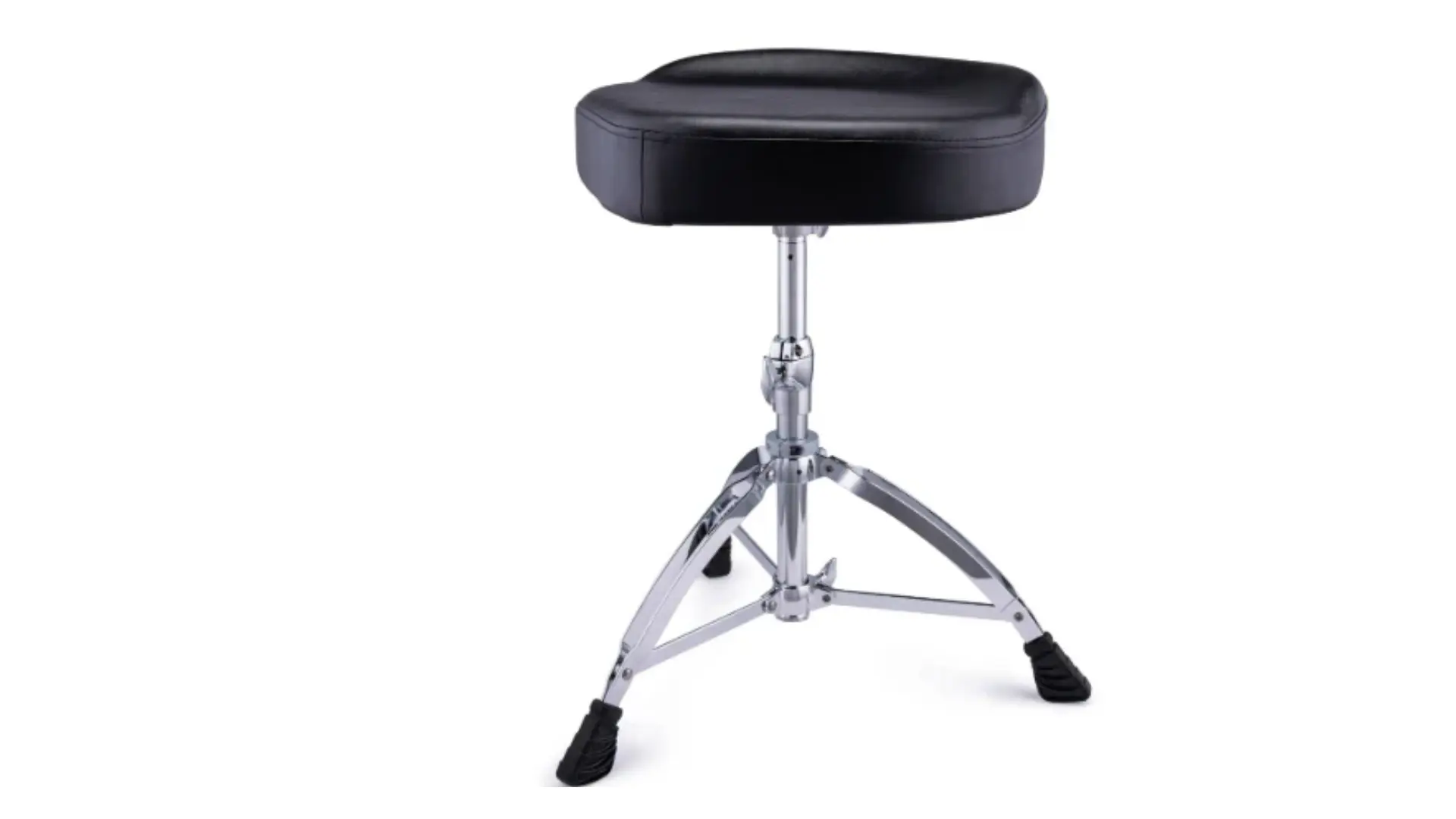


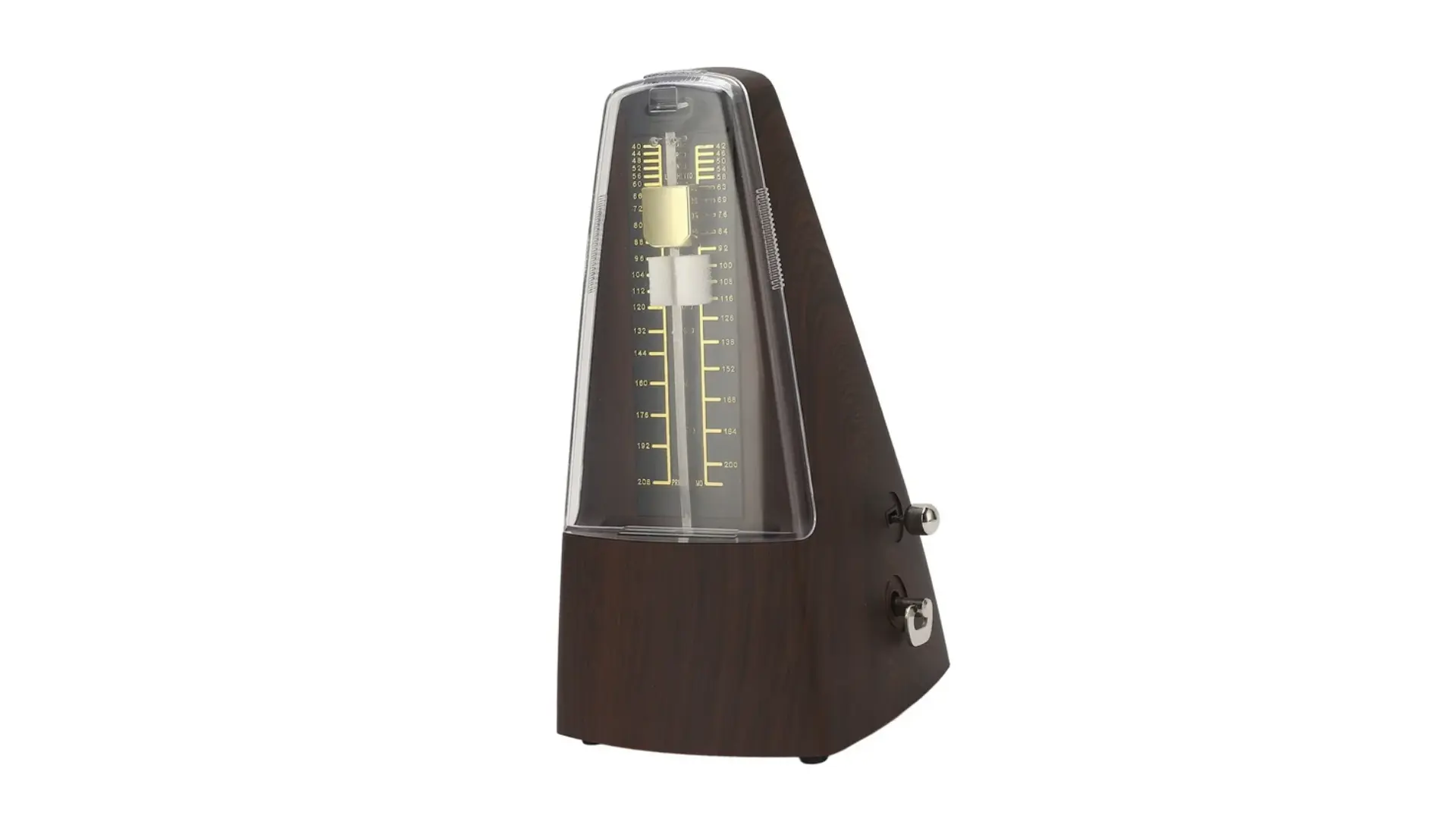

Leave A Comment
You must be logged in to post a comment